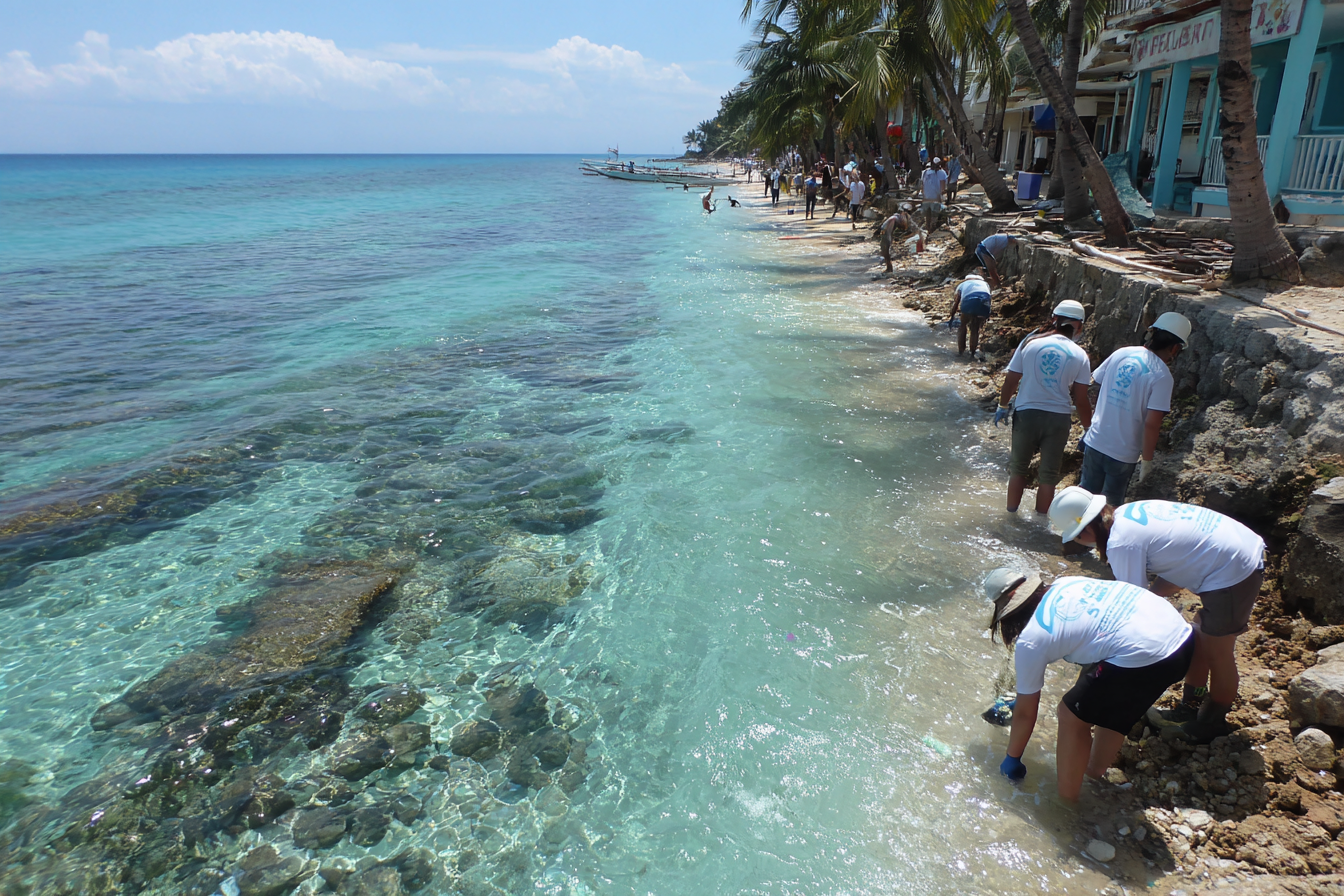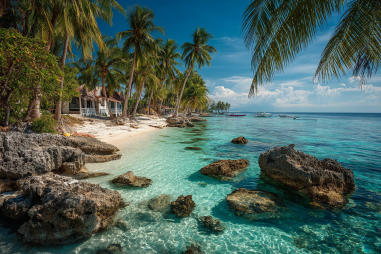Oslob, a charming town in Cebu, Philippines, has become a must-visit destination for travelers worldwide, primarily due to its unique whale shark encounters and pristine natural beauty. As the number of visitors continues to rise, the call for sustainable tourism grows louder to ensure that Oslob’s ecological richness and community well-being are preserved for generations to come. Understanding sustainable tourism and learning how travelers can contribute positively is essential for protecting this breathtaking destination while enjoying its wonders responsibly.
Understanding the Importance of Sustainable Tourism in Oslob
Sustainable tourism is more than just a buzzword; it’s a vital framework that helps balance economic benefits with environmental protection and cultural preservation. In Oslob, where tourism is a key livelihood, sustainable practices ensure that both the local community and the environment continue to thrive. Without thoughtful management, the natural habitats, wildlife, and local culture face the risk of degradation and loss due to overcrowding, pollution, and irresponsible behaviors.
Encouraging sustainable tourism in Oslob means promoting activities and habits that minimize negative impacts, respect local customs, and generate long-term benefits. This approach not only protects Oslob’s unique ecosystem but also enhances the visitor experience by maintaining the destination’s authenticity and natural beauty.
Impact of Tourism on Local Ecosystem and Communities
Oslob’s rise in tourism has brought significant socio-economic benefits, including job creation and increased income for local residents. However, it has also introduced challenges to the ecosystem and community. One of the main concerns is the pressure on marine life, especially the whale sharks, which attract thousands of visitors daily.
The increased boat traffic, human interaction, and waste from tourism activities can disrupt marine habitats and cause stress to wildlife. Additionally, the local community may experience changes in traditional ways of life, increased cost of living, and resource depletion if tourism development is not managed carefully.
Therefore, addressing these impacts is crucial for achieving a balance that allows Oslob’s ecosystem and community to prosper harmoniously with tourism.
Responsible Whale Shark Interaction Practices
The whale shark encounters in Oslob are world-famous, offering visitors a rare opportunity to swim alongside these gentle giants. However, ensuring that these interactions are conducted responsibly is key to safeguarding the animals’ health and natural behavior.
Travelers should adhere to guidelines designed to minimize disturbance to whale sharks, such as:
- Maintaining a respectful distance and avoiding touching the animals.
- Limiting the number of swimmers per boat and per session to reduce stress on the whale sharks.
- Wearing non-toxic sunscreen to prevent water pollution.
- Avoiding flash photography or sudden movements that may startle the creatures.
- Following the instructions of trained guides and local authorities who monitor the interactions.
By practicing these responsible behaviors, travelers help protect whale sharks from harm and support conservation efforts that keep these encounters sustainable over time.
Supporting Local Businesses and Conservation Efforts
One of the most impactful ways travelers can promote sustainable tourism in Oslob is by supporting local businesses and conservation projects. Choosing locally owned restaurants, souvenir shops, and tour operators helps ensure that tourism revenues stay within the community, empowering residents economically.
Many local enterprises also integrate sustainable practices into their operations, such as sourcing products responsibly, reducing waste, and educating visitors about Oslob’s natural and cultural heritage. By patronizing these businesses, travelers contribute to creating a more resilient and environmentally conscious tourism economy.
Furthermore, participating in or donating to conservation initiatives focused on marine protection, reforestation, and wildlife monitoring can make a tangible difference. These programs often rely on the support and awareness generated by visitors to fund their efforts.
Eco-Friendly Accommodations and Tours
Choosing eco-friendly accommodations and tours is another powerful step travelers can take to lessen their environmental footprint in Oslob. Many guesthouses, resorts, and tour operators in the area have adopted green practices such as energy-efficient systems, water conservation techniques, waste segregation, and the use of sustainable materials.
When booking your stay or tours, look for those that emphasize environmental stewardship, community engagement, and transparent sustainability policies. These providers often offer unique experiences that deepen your connection to the destination, such as guided nature walks, cultural exchanges, and educational talks about local flora and fauna.
By prioritizing eco-friendly options, you not only reduce your impact but also encourage the tourism industry in Oslob to commit further to sustainability.
How Travelers Can Reduce Their Carbon Footprint
Traveling itself can contribute to carbon emissions, but there are several ways visitors to Oslob can minimize their carbon footprint during their trip:
- Choose low-impact transportation: Whenever possible, use public transport, bicycles, or walk short distances instead of relying on private cars or motorcycles.
- Pack light: Reducing luggage weight decreases fuel consumption for flights and ground transport.
- Use reusable items: Bring reusable water bottles, bags, and containers to reduce single-use plastics that often end up as litter or ocean pollution.
- Conserve energy and water: In your accommodation, turn off lights and air conditioning when not needed, and be mindful of water use.
- Offset your carbon emissions: Consider investing in carbon offset programs that support environmental projects related to your travel routes.
By actively reducing their carbon footprint, travelers contribute to global efforts to combat climate change while protecting Oslob’s local environment.
Community Initiatives and Volunteer Opportunities
For those who want to deepen their impact, Oslob offers community initiatives and volunteer programs focused on environmental conservation and social development. These programs often include:
- Beach clean-up drives
- Marine life monitoring and protection
- Tree planting and habitat restoration
- Environmental education and advocacy
- Support for indigenous crafts and livelihoods
Participating in these initiatives allows travelers to engage meaningfully with the local community and contribute directly to preserving Oslob’s natural and cultural heritage. It’s a unique way to enrich your experience while leaving a positive legacy.
Oslob’s incredible natural attractions and vibrant community make it a truly special place worth protecting. By embracing sustainable tourism principles and acting responsibly, travelers can play a crucial role in maintaining the delicate balance between enjoying this paradise and preserving it for years to come. Every choice counts—from how you interact with wildlife to the local businesses you support. Together, visitors and locals can ensure Oslob remains a shining example of sustainable tourism in the Philippines.







